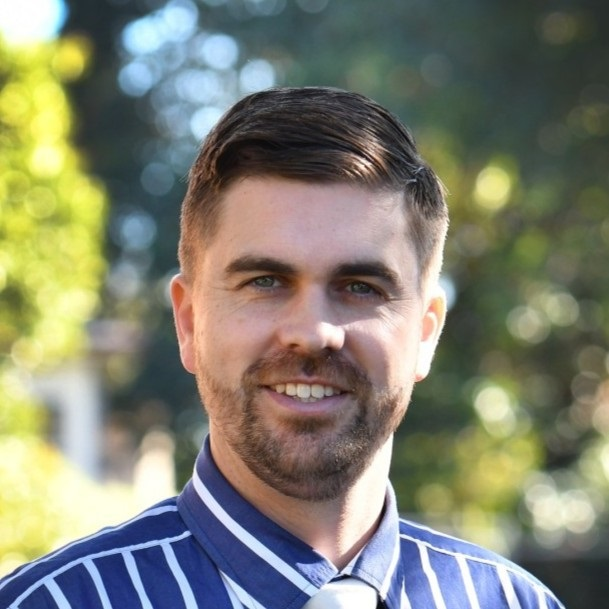Unearthing a quiet giant: Australia’s rising truffle industry


 For every university agriculture graduate there’s more than five jobs and the agrifood sector is crying out for skilled workers. Statistics from the NSW University Admissions Centre show that out of all the students that are first-preferencing agriculture, three quarters of them haven’t studied agriculture at school. We need more students doing agriculture at high school and then flowing on to university degrees.
For every university agriculture graduate there’s more than five jobs and the agrifood sector is crying out for skilled workers. Statistics from the NSW University Admissions Centre show that out of all the students that are first-preferencing agriculture, three quarters of them haven’t studied agriculture at school. We need more students doing agriculture at high school and then flowing on to university degrees.
In New South Wales, there’s around about 1500 or so students that do agriculture for the HSC and only a third come from Sydney. We need to change that – two thirds of the population in New South Wales lives in Sydney and I think that’s where the real growth can come from to get more students at university. In Sydney’s North Shore, Barker College is a prime example of a thriving agricultural high school program in the middle of the city. Over eight years we’ve increased the number of agriculture students studying agriculture in Years 9 to 12 from 120 to 420. The key has been changing the subject’s reputation as a ‘bludge subject’ focusing instead on science, academic rigor, making it relevant and leveraging technology.
You might have heard the phrase ‘Paddock to plate’ which is important because people want to know where their food comes from but when it comes to teaching students about agriculture, I think it should be flipped on its head to become ‘Plate to paddock’. Metropolitan students are generations and layers removed from any agriculture connection – they all eat food so that’s a really easy way to connect and then work backwards from there.
Earlier this year I attended AgriFutures evokeAG. showcasing innovation and technology to advance the agriculture sector. It’s the best professional learning that a teacher can do, not just because of the networking opportunities galore and the chance to tap into the latest agrifood technology. evokeAG. has a program packed-full of global thought-leaders, innovators, and big-picture thinkers. It’s about what you’re teaching students, how you’re teaching them, and what’s going to be happening in the next 10 years, 20 years, 30 years down the track. I think we need to be thinking about that and preparing students for that, and they respond well to subjects that do that. We don’t know exactly what the jobs are going to be, but we have an idea of what the big themes are going to be and what the big issues are going to be.
Students are so immersed in technology, it’s like a fifth limb or another hand. They are used to disruption because they’ve got new apps, for example, that come out and completely change how they spend their time each day. In agriculture that disruption is occurring maybe more so than in other places. We need to be teaching them up-to-date technologies that currently exist. But we also need to be talking to them about what the problems are, how people have come up with solutions to solve them and encouraging them to think about how they could solve it in a different way or improve on what’s currently in existence. At evokeAG. there’s all kinds of leaders in the tech space that are doing amazing things. Speaking to them about where their products are heading, how we can collaborate or if they have resources that we could use – the networking is fantastic.
Academically capable students have a lot of choice in what they do in their life and so they want to do things that make a difference in the world. I think agriculture is one of the best ways to deal with issues like climate change and improving food security – that opportunity is something we need to promote.
AgriFutures has recently released a report: “Listen up: Young people’s perspective on the future of Australian agriculture and rural industries”. It unpacks the vital role of young people in shaping the industry’s future and what they need from the leaders of today.
Hear more from Scott on our podcast, AgriFutures On Air
 TRUFFLES / 10.07.23
TRUFFLES / 10.07.23  HONEY BEE & POLLINATION / 10.07.23
HONEY BEE & POLLINATION / 10.07.23  WORKFORCE AND LEADERSHIP / 10.07.23
WORKFORCE AND LEADERSHIP / 10.07.23  RICE / 10.07.23
RICE / 10.07.23